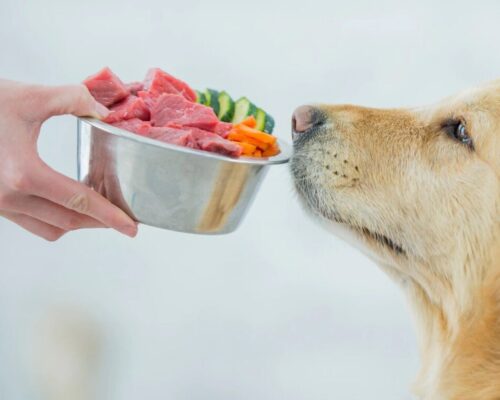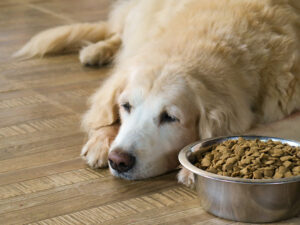Intro About
Food For Health And Balance
traditional chinese medicine
Food Therapy is one of the branches of Traditional Chinese Medicine (TCM). It is a practice of healing using natural foods along with or instead of medications. Individual recommendations are developed using TCVM theory and are designed to treat specific health conditions. The recipes can be classified into the following categories:
Health Promotion and Prevention — to improve health on a regular basis and to prevent seasonal climate related problems.
Disease Treatment — to treat many clinical conditions including skin problems.
Adjunct Therapy — to complement the primary treatment to treat diseases including otitis, urinary crystals & stones, UTI, IBD, CHF, cancer, renal failure and liver failure.
TCM relies on a whole body approach to health. Diet is based on energetic principles that encourage balance, clean burning digestion and a well-functioning body that remains free of disease and full of energy. The right diet helps to ensure a strong immune system so that a dog or cat can enjoy complete health no matter what comes its way. TCM divides things into two basic categories, loosely known as Yin (cool) and Yang (warm). This separation is applied to both the animal itself as well as the food that the animal eats. Different characteristics are applied to each and in turn, these characteristics determine what foods should be fed.

Information Text
What About Kibble?
 Diet is arguably one of the most vital components of holistic therapy. It is harder to successfully treat a pet if they are fed a kibble based diet or are eating processed treats (rawhides, milkbones, etc). All kibble diets – no matter how high-quality or expensive – are heavily processed. While some brands are "higher quality" and add things like pasture raised meats and organic veggies, there is no denying that ALL of them are heavily processed using this basic manufacturing method.
Diet is arguably one of the most vital components of holistic therapy. It is harder to successfully treat a pet if they are fed a kibble based diet or are eating processed treats (rawhides, milkbones, etc). All kibble diets – no matter how high-quality or expensive – are heavily processed. While some brands are "higher quality" and add things like pasture raised meats and organic veggies, there is no denying that ALL of them are heavily processed using this basic manufacturing method.
Processed foods are harmful since they promote inflammation in the body. Chronic and uncontrolled inflammation (that is usually within the body where you cannot directly observe its effects) can damage cellular DNA leading to the development of cancer. Most kibbles require synthetic vitamins and minerals after processing to meet minimum nutritional requirements, thereby adding to the toxic burden in the body. In addition, artificial taste enhancers are often added for pallability. Also, preservatives are included for longer shelf-life.
Raw diet are often recommended since they are minimally processed and easily digested. They also contain vital enzymes, amino acids, and probiotics due to minimal processing required. There is a very common misconception by most veterinarians that feeding pets a raw food diet poses high contamination risks (Salmonella, E.coli, etc.). The fact is that most recalls for these contaminants occur with kibble based diets rather than commercially prepared raw diets. Companies that prepare food meant to be fed raw take extreme precautions to avoid contamination including the slaughtering and handling of raw meats.
Although I believe raw feeding is a fantastic option for many, it is not the best for all patients especially some with cancer. After a thorough exam and history review, I then decide which diet is best for my patient as an individual. This is based on their energy level, type of condition, age, and temperature preferences among many other factors.
Information Text
Nutrient-Rich Food Supplements

Adding nutrient-rich supplements to your pets diet is another way to gain extra benefits of a healthy working system. For example, Vitalitybits are a plant-based supplement derived from nutrient-rich algae, offering a powerful blend of vitamins, minerals, and antioxidants to support your pet’s health.
Made from superfoods like chlorella and spirulina—renowned for their health-enhancing properties—these small but mighty bits deliver all-natural, whole-food nutrition. They help bridge any nutritional gaps in your pet’s diet, promoting overall well-being. Some of the benefits include overall reduction in inflammation, improved gut health, reduced constipation, increased energy, lowering allergic response, and improvement to the pets skin and coat.
Page Copyright
© Copyright 2025. Holistic Animal Wellness PLLC, Dr. Vindhya Cianelli. All rights reserved.
